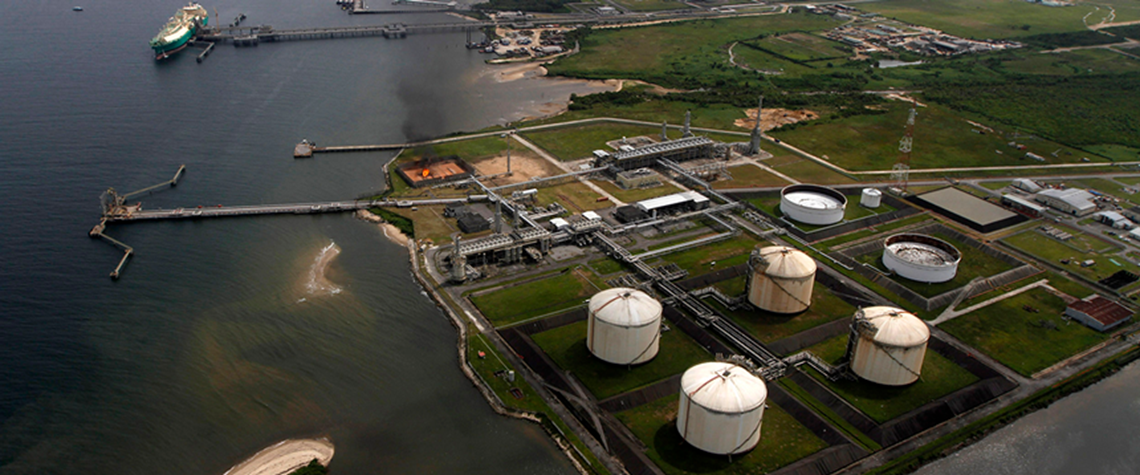Can sub-Saharan Africa help fill the EU’s gas gap?
Africa has potential to expand LNG exports, but its additional contribution is likely to remain limited
The EU is attempting to wean itself off imports of Russian gas, which accounted for almost 40pc of the bloc’s supplies last year, a volume equivalent to almost 115mn t of LNG. Large volumes are expected to come from Qatar and the US over the next five years, and the bloc will look primarily to these two countries to plug the supply gap. But it will also want to further diversify its sources. Sub-Saharan Africa is a proven supplier of LNG to Europe and another option to reduce EU dependence on Russian gas. The region already benefits from the heavy involvement of the European majors as well as its relative proximity to Europe, keeping shipping costs down. Europe imported 75mn t of LNG in 2021

Also in this section
26 July 2024
Oil majors play it safe amid unfavourable terms in latest oil and gas licensing bid rounds allowing Chinese low-ball moves
25 July 2024
Despite huge efforts by India’s government to accelerate crude production, India’s dependency shows no sign of easing
24 July 2024
Diesel and jet fuel supplies face a timebomb in just four years, and even gasoline may not be immune
23 July 2024
Rosneft’s Arctic megaproject is happening despite sanctions, a lack of foreign investment and OPEC+ restrictions. But it will take a long time for its colossal potential to be realised







